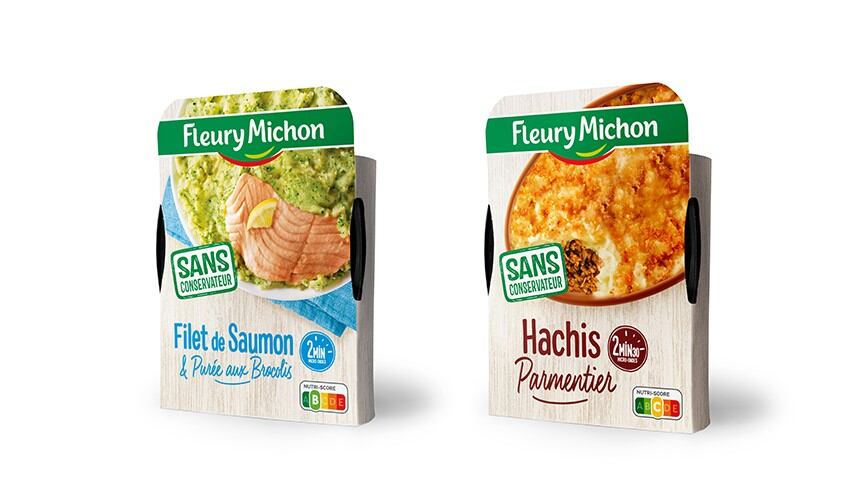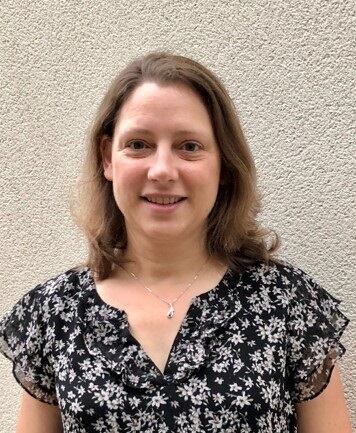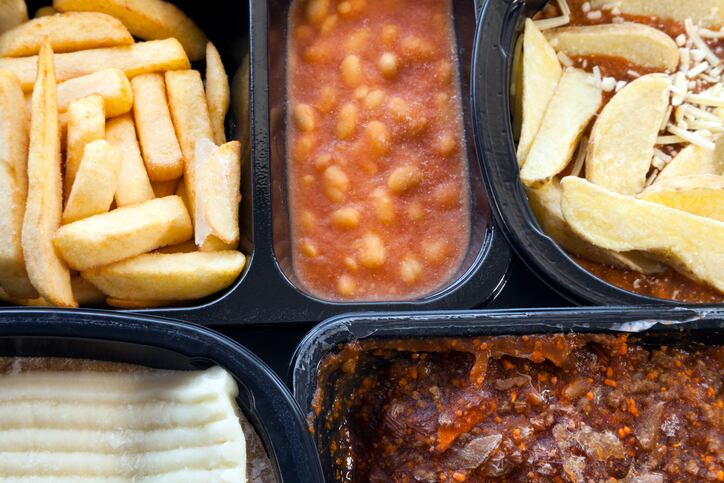The company is able to closely analyse sales patterns and consumer demand, leveraging FururMaster software to reduce stock and achieve 99.5% service levels on deliveries.
This is important because it allows the group to reduce food waste for its fresh, short-shelf-life products.
“What is essential is to ensure a good customer service level without [a high] unsold rate degrading therefore the profitability. That is why it is very important to make the most reliable forecasts possible and to have good industrial reactivity,” Stephanie Ricot, head of forecasting at Fleury Michon, told FoodNavigator.
Meeting demand for fresh, organic food
Fleury Michon, a €725m company, sold 380 million units last year and is present in 79% of French households. It is shifting its portfolio towards organic and healthy eating ranges in response to evolving consumer demand in France.
Over the last few years, the group has launched a growing number of organic products and cold meats which are free from additives like nitrates, antibiotics and genetically modified ingredients. Recent product launches include veggie burgers, salad bowls and ready meals with no additives.
This drive includes a reduction in preservatives in Fleury Michon's recipes. Since 2002, the company has eliminated preservatives from 92% of its range and the producer aims to be 100% preservative-free by 2020.
This shift places greater pressure on Fleury Michon to move fresh products through its supply chain efficiently.
At the same time, the group’s sales channels are also becoming more complex. Currently, 85% of annual sales are through French supermarkets. However the company is branching out into new overseas markets and the food service sector.
Fleury Michon operates nine factories in France and two overseas, with its own production facilities in Montreal, Canada to serve an expanding international airline catering business.
Indeed, supplying airlines has become a key growth avenue for Fleury Michon. In July this year, the company announced the acquisition of Marfo Group, the second-largest player in the European market for airline ready meals and snacking. According to the company, this deal makes it the world's ‘leading supplier to airlines. The Marfo production unit in the Netherlands adds to the current production capacities in France.
Managing a short shelf-life

Many of the company’s staple lines are fresh meats and seafood snacks. This means products have a relatively short shelf life and have to be shipped out to customers, in the right quantities, as soon as possible.
Forward forecasting also needs to factor in production time-lines. To make a product takes between three days and three weeks, depending on the recipe, type and process. Shelf life varies from five days for some seafood products to three weeks on cured meats. But the food manufacturer makes sure that products can be shipped within just three hours of any order coming in.
The challenge is made even more complicated given that the group tries to minimise the amount of finished goods it holds across multiple warehouses. The company doesn’t hold stock in its production plants, instead pushing out finished goods so that no two same products are held in separate warehouses.
“It is important to prepare orders quickly because it allows us to deliver to the customer on time, even if it is distant geographically,” Ricot explained.
The forecasting team not only need to deal with anticipated output. Out of 3,600 employees, 15 people deal with around 500 suppliers to ensure a ‘steady supply’ of fresh ingredients ‘as and when required’.
Only a minimal amount of raw materials are held in stock. Planning for production, labour, supply and even the phasing of new product launches, deliveries and promotions with supermarkets is all made possible thanks to accurate planning.
“Sophisticated forecasting technology makes the process a whole lot easier,” according to Ricot.
‘Supply chains are getting shorter’
The pace at which products are passed down the supply chain to ensure freshness and quality is increasing, the forecasting manager observed.
Fleury Michon deals with 6,500 orders a week, delivering over a million boxes – around 1,600 tonnes – of product. Two or three dedicated planners on each production site are responsible for forecasting the week’s anticipated demand and estimating daily requirements. A team of strategic planners also focus on longer term planning - looking up to 18 months in advance – and how future product launches or promotions will likely impact sales.
Running more promotions each year and introducing new lines to boost sales has meant that collaboration - both externally and internally - has become a vital ingredient to success, according to the company.
“We note that the delay [from sourcing to production and delivery] is getting shorter and shorter, especially for ultra-fresh products. One of the benefits is to be closer to consumer behaviour and therefore better understand them,” Ricot told this publication.
This has been enabled by FuturMaster’s promotion planning module, electronic data exchange and sales and operations planning. This functionality means everyone – from sales and marketing to production and finance – collectively follows the same, shared goals and forecasts.
“We have monthly forecast reviews with marketing, logistics and finance to anticipate our future needs and plan our direction. For instance, more organic sourcing of materials over the next few years is expected,” revealed Vianney Pineau, head of supply chain projects and long-term planning.
“Employment can be very seasonal and we need to anticipate demand. We’ve now got a reliable sales history model to spot trends and see how seasonality and promotions affect sales.”
Tacking food waste and boosting service
With one-third of all food produced for human consumption wasted, according to FAO estimates, Ricot said that cutting waste in Fleury Michon’s own supply chain is good for both the environment and the bottom line.

“To reduce waste is very important for Fleury Michon, not only from an economic point of view but also from an environmental point of view,” she stressed.
Beyond food waste, the use of forecasting software can have a positive impact on other areas of production, according to the company. For example, FuturMaster’s demand forecasts help trigger a co-ordinated manufacturing programme and the software checks to see if it’s better to send some production to another plant, depending on analysing what’s the best case-scenario. Closer physical proximity to a customer can mean lower transportation costs and faster deliveries, for instance.
Fleury Michon now maintains a 99.5% service level on deliveries to customers and has improved forecast accuracy from 87% to 93% over the last few years. Reserve stock levels (on finished goods) are down to just three days.
“Even weather forecasts are incorporated into our planning requirements, given that, over the years, we’ve built coefficients into the software to see how sales evolve as temperatures rise,” added Pineau. This means the company is able to accurately predict sales spikes for items like salads, which jump in warmer weather.
Fleury Michon and FuturMaster have collaborated to develop and tailor these technological capabilities over the last two decades. Looking to the future, Fleury Michon is thinking about how to reduce the time it takes to get all products in all out to customers spread throughout France and overseas.
The company is also looking towards more mobile technologies and cloud computing to drive even more efficiencies across its growing international business.



